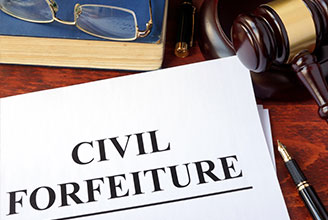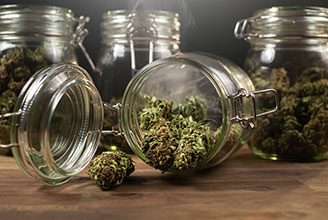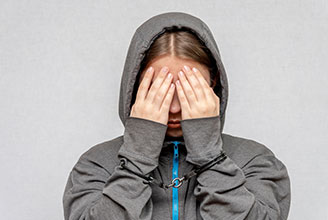
Suppose one is traveling on holidays to another State. Once again, they traveled out of their home state in Texas to the mountainous regions of Colorado for this purpose. In their leisure time when they are on a holiday, they take a few beers and wines and such other related products to enjoy & they take a decision to go outside & check for the other options as well. They are only going a few minutes down the road and they feel they are absolutely fine to take the wheel again. Unluckily, however, they end up in being apprehended by police. This is applied by conducting three regular field sobriety…Read More

Louisiana’s criminal justice system, like its unique culture, has distinct characteristics shaped by its French and Spanish colonial history. Understanding criminal charges in Louisiana requires familiarity with the state’s legal framework, which differs in some respects from other states in the U.S. 1. Legal System and Classification of Crimes Louisiana operates under a civil law system, unlike most states that follow common law traditions. This influences how laws are interpreted and applied. Crimes in Louisiana are classified into three main categories: felonies, misdemeanors, and violations. Felonies: These are the most severe offenses, punishable by death, hard labor, or imprisonment for a year or more. Common felonies include murder, rape, and…Read More

If you believe your property has been seized without your involvement in criminal activity, it is time to take action. Continue reading to learn about civil asset forfeiture in New York, how law enforcement can seize your property, and how to handle a civil asset forfeiture case. Contact us today to learn more about our services and how we can help you with your upcoming legal proceedings. What Exactly Is Civil Asset Forfeiture? Civil asset forfeiture is a legal procedure in NY that give a go ahead to law enforcement officials to seize property that has been claimed to be involved in criminal activity. The following are examples of property…Read More

Possession of less than 2 ounces of cannabis in a non-public dwelling is considered illegal possession, punishable by a fine of up to $100. A second offence may result in a fine of up to $200. A third offence is punishable by a $250 fine and 15 days in jail. An arrest for possession of less than two ounces of marijuana in a public place is classified as criminal possession of marijuana in the fifth degree, a Class B misdemeanor punishable by three months in prison. Nonetheless, it is strongly advised that you must hire a private defense attorney to handle your case, as convictions can result in the loss…Read More

Young people, predominantly teenagers, discover thrill in breaking rules and doing things that can get them into trouble with the law. Juvenile crimes refer to offenses committed by individuals under the age of 18. More than 50,000 youngsters are arrested and detained on an average day in the New York. This means that nearly 2 million underage offenders go to juvenile jail or prison every year. The number of reported juvenile crimes have declined over the years, particularly due to stricter laws. Almost 75% of these crimes are misdemeanors, but the remaining are serious and violent offenses. While punishment and sentencing is more lenient for underage convicts, the criminal record…Read More
